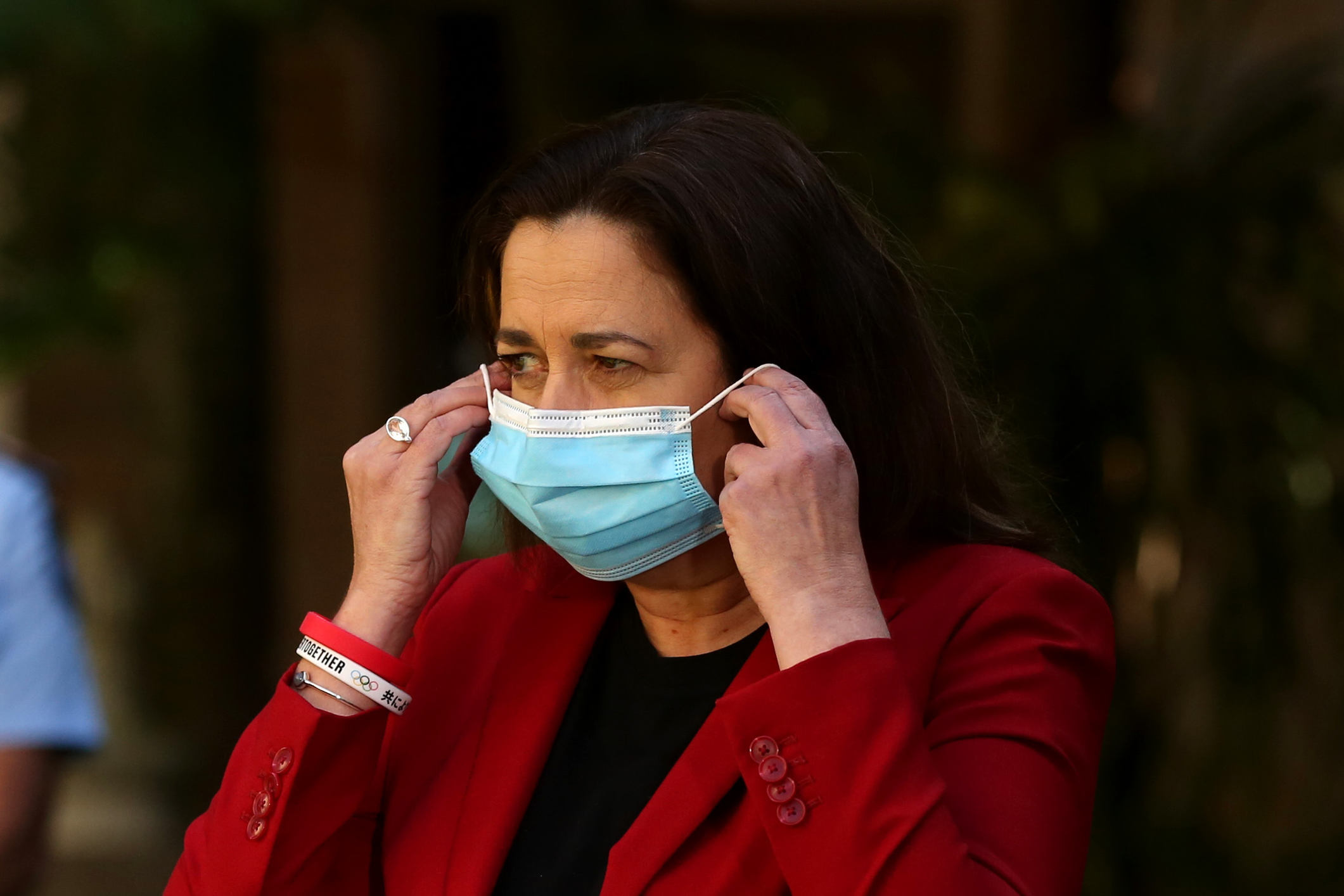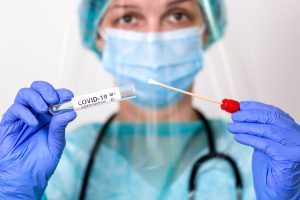The Sunshine Coast health system has confirmed COVID-19 will be treated like other respiratory diseases in 2023, as part of the new national COVID management plan.
The $2.8m plan for next year states “Australia will transition to managing COVID-19 in a similar way to other respiratory viruses, moving away from COVID exceptionalism and bespoke arrangements.”
A Sunshine Coast Hospital and Health Service (SCHHS) spokesperson said it manages positive COVID-19 patients across all its facilities with confidence and expertise, and this will continue in 2023.
As we head into our fifth week of the fourth wave of COVID this year, the latest surge has said to have been based on the overseas experience.
In the week to December 6, Queensland had 13,632 new COVID-19 cases (1,714,583 total cases) 320 patients hospitalised, with 8 patients in ICU.
There were 31 COVID-19 patients in hospital within the SCHHS. One of those patients was in ICU (ventilated).
“The care of our COVID-19 patients is currently having no impact on our usual health care delivery,” the spokesperson said.
READ MORE: Covid latest: what you need to know about the 4th wave
Queensland is currently under the Amber level of the Queensland Health traffic light system.

The SCHHS spokesperson further echoed Chief Medical Officer Paul Kelly and Queensland’s Chief Health Officer Dr John Gerrard’s statements “that COVID-19 waves could ebb and flow for years to come.”
Mr Kelly said the likely emergence of new variants, including those able to partially evade immune responses, means the Australian community could expect to experience new waves on a regular basis for at last the next two years.
The SCHHS spokesperson added: “COVID-19 is endemic in the community and will continue to mutate so it is important people remain vigilant and responsive by staying home when sick, washing hands regularly and keeping up-to-date with vaccinations.”
Meanwhile, the new plan outlines a referral will be needed for patients to get a free COVID PCR test from next year.
Under the changes, a referral from a medical or nurse practitioner will be needed for patients to receive a free PCR test at locations that aren’t run by a state or territory government.

State or territory-operated PCR clinics will be able to accept patients without referrals, with the government extending 50/50 funding arrangements for jurisdictions who choose to keep the clinics running.
The SCHHS spokesperson said it was important to check the conditions of bulk billed COVID-19 testing on the private pathology provider’s website before you get tested or you may be charged a fee for pathology services.
“Private pathology providers may also require a GP referral and a Medicare card for Medicare to cover the cost of your PCR test,” the spokesperson said.
“Individuals should always contact the provider to check whether you need a referral. This practise has not changed.”
The plan said testing won’t be used as a surveillance tool like it was during previous lockdowns, but will be targeted for eligible patients to get faster access to antiviral treatments.
Read a related story: Sunshine Coast health system prepared for more COVID-19 cases.
Access to antivirals will be provided following a positive PCR or rapid antigen test.
“Over the next 12 months, COVID-19 testing requirements will be aligned with testing arrangements associated with other respiratory illnesses,” the plan said.
“There will be an ongoing need to evaluate and optimise how we test, who we test and when we test people for COVID-19 over the course of 2023,” the plan said.
People in high-risk populations, such as older Australians, Indigenous people as well as those with a disability will be prioritised for PCR testing.
Health Minister Mark Butler said the national plan recognised COVID-19 continues to disproportionately affect some Australians and outlined a suite of measures, including additional help for those in aged care, Indigenous Australians, the disabled and multicultural communities.
READ MORE: Mask advice: COVID warning upgraded to amber.
“It will ensure that those most at risk of severe disease have fast access to care and treatments and will strengthen the National Medical Stockpile safety net and pandemic preparedness capability,” he said.
The Queensland Government website provides advice to people seeking information about how and when to get tested for COVID-19. The new COVID management plan is available here to read.
-Additional reporting via AAP.





